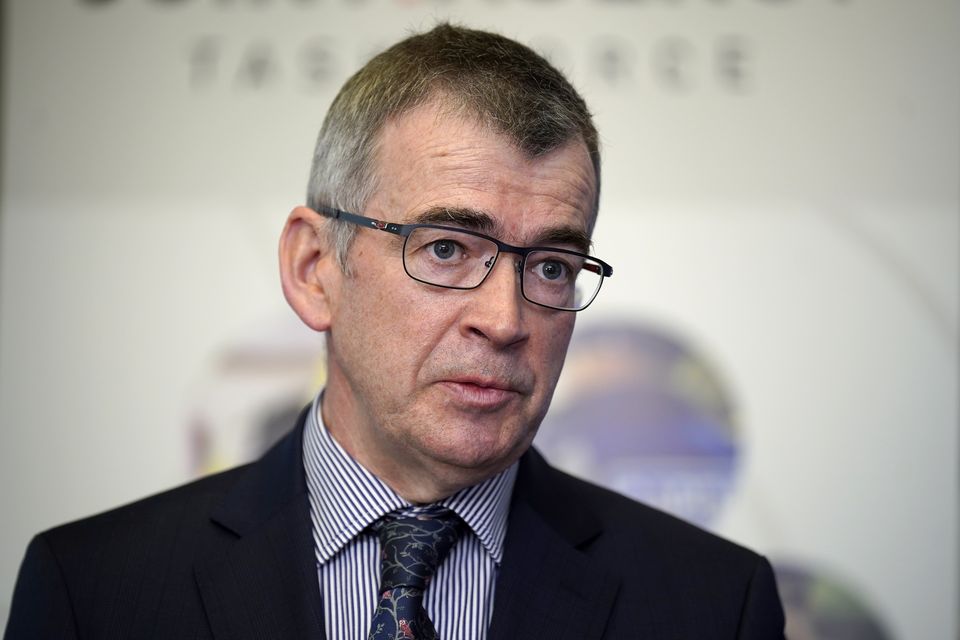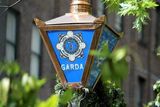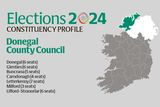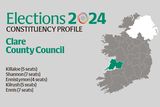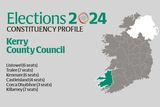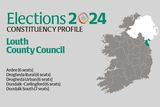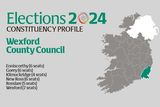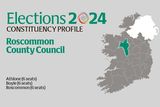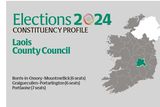Criminals being ‘above’ roads policing ‘completely contrary’ to gardaí’s purpose, says Drew Harris
Garda Commissioner Drew Harris (Niall Carson/PA)
Garda Commissioner Drew Harris has said the idea of certain people being “above” roads policing goes against the purpose of An Garda Síochána.
Appearing before the Oireachtas Transport Committee, Mr Harris said larger investigations should have no impact on an individual being pulled up for a road offence.
Fianna Fáil TD Cathal Crowe asked Mr Harris if anyone was “above day-to-day road traffic offences” and referred to individuals under investigation by the Criminal Assets Bureau (CAB).
“No one is, and it’s called roads policing for a purpose. It’s not just about the road traffic legislation, it’s about denying the criminals the roads as well,” Mr Harris said.
"I’d be very strong about criminal’s use of vehicles, run around and untaxed, uninsured vehicles which in effect disappeared off the system and yet are in our cities and in our towns.”
He said it is “to our advantage” to disqualify criminals from the roads.
Mr Crowe said Mr Harris’ answer was reassuring but “at odds with what is often said in the organisation”.
"I don’t know who’s saying that. They don’t say it to my face, and they shouldn’t be saying that because that’s completely contrary to our purpose,” Mr Harris said.
“Our purpose is the prevention and detection of crime. Our purpose is actually to make sure that people feel safe and secure as they go about their business.”
Mr Harris was appearing before the Transport Committee to discuss road safety alongside Assistant Garda Commissioner Paula Hilman.
He told the Committee there will be a “substantial increase” in the number of cameras on the roads, rising by more than 100 in the next year between static and average speed cameras.
Ms Hilman confirmed the installation of nine new static speed safety cameras will cost €2.4m while the addition of 1,500 more hours of speed monitoring per month by GoSafe will cost €5.1m from now until October 2025.
A new directive from Mr Harris has seen rank-and-file gardaí carry out a mandatory 30 minutes of roads policing each day, a measure well-received by members according to the Commissioner.
Since the additional hours of roads policing were brought in, there has been an increase in the number of people detected on their phones while driving, up to 2,148 in April, a 55pc increase on March.
17pc more people have been detected driving under the influence while the number of vehicles seized has risen by 40pc.
Fianna Fáil Senator Gerry Horkan noted that the four most common elements of a road crash are young people driving, rural roads, driving at night and rural roads.
Mr Harris said evening rush hours during the week can often be more dangerous. Ms Hilman said the most dangerous times on the roads over Bank Holiday weekends are 3pm to 6pm on the Thursday, Friday and Monday while significant numbers of people are travelling.
There are currently 623 members of the garda roads policing unit compared to 1,055 in 2009.
Labour Darren O’Rourke said the population has risen by 600,000 people since 2009, there are 20pc more drivers on the road year-on-year and there have been 20pc more fatalities.
There is a Government target to expand the garda ranks to 15,000. Mr Harris said how much of that 15,000 figure would work in the roads policing unit would depend on the level of demand across all areas of the force.
Join the Irish Independent WhatsApp channel
Stay up to date with all the latest news
